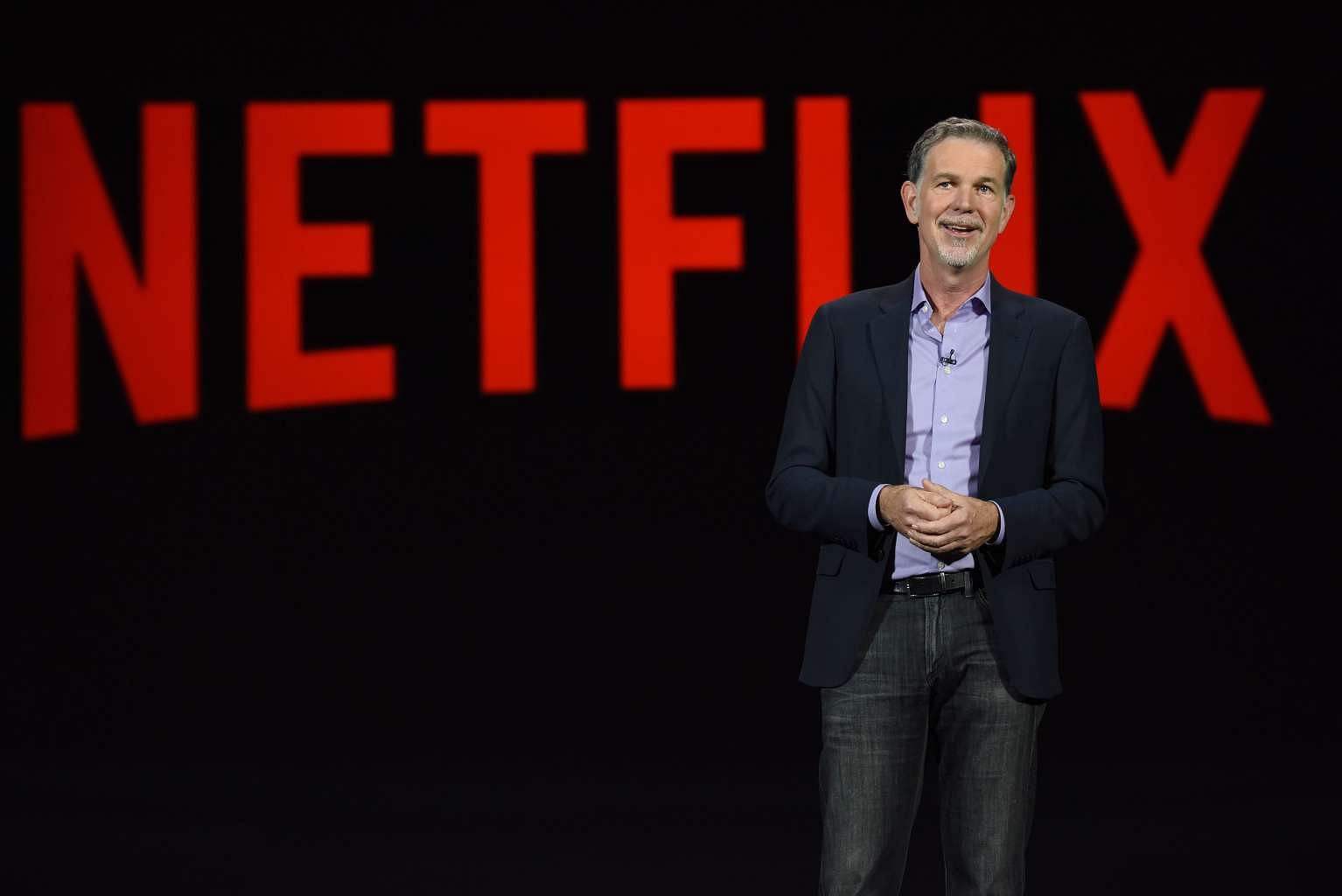United States-based video streaming service Netflix's debut in Singapore yesterday shines the spotlight once more on outdated media laws that subject local brick-and-mortar content distributors to far stricter regulations than overseas players that provide content online.
It must be said that Netflix's debut has so far not drawn as much unwanted attention as the 2012 and 2015 launch of Apple and Google's Singapore video stores, respectively.
That may be because Netflix has learnt from the experiences of those that went before it.
Unlike Apple and Google, Netflix put R21-rated titles behind parental locks - a first by an overseas online content distributor that targets local consumers.
A four-digit PIN number is required to view R21 titles such as Pulp Fiction, which shows drug use.
Netflix also classified its library according to local film-classifica-tion ratings - such as R21, M18 or NC16.

These ratings were either wrongly tagged or not given to titles available on Apple's Singapore iTunes and the Google Play Singapore stores when they were launched. Still, Netflix's full library of what it claims is "uncensored content" continues to draw attention to an unaddressed question in Singapore's outdated media regulations.
Does Netflix - or the likes of Apple iTunes or Google Play - need a licence to operate?
Do they need to follow local censorship rules, as one would expect them to?
Singapore's decades-old regulatory framework is in desperate need of an overhaul to include online content distributors, which are increasingly targeting consumers here.
The Government set up a panel to review the current laws in November 2012, but there has been no decision yet on the recommendations, one of which is that online video businesses that target Singapore consumers must be licensed.
Singapore's media laws - as they are currently worded - subject all brick-and-mortar film distributors, and free-to-air and pay-TV broadcasters to censorship guidelines as part of their licensing conditions.
The Broadcasting Act and Film Act require films to be classified for various age groups depending on the maturity of the themes.
Some films may also need to be censored if they depict sexual violence, for instance.
This is according to the Board of Film Censors Classification Guidelines, published on the Media Development Authority's website.
Meanwhile, films that encourage deviant sexual activities such as paedophilia and bestiality, and those that glamorise the use of illegal drugs are not allowed for all ratings.
There are also restrictions on content distribution.
Home video distributors, for instance, are not allowed to sell R21 titles.
These can be shown only in theatres, and viewed on video-on-demand platforms that have parental locks.
Pay-TV operators Singtel and StarHub have implemented the parental lock feature, which is a PIN code, on their video-on-demand platforms.
Flouting the rules attracts sanctions, including fines, and the possibility of having their licence revoked - a penalty that is clearly not applicable to online video players.
This is why traditional brick-and-mortar video distributors and pay-TV operators are concerned that online players have an unfair advantage.
When contacted yesterday, Mr Goh Seow Eng, Singtel's managing director for home consumer Singapore, said: "We support a level playing field."
He added that Singtel is working on a deal with Netflix for its customers.
StarHub, too, is trying to cut a deal with Netflix to offer the latter's content to its pay-TV customers.
Let's hope this problem is solved by the time the next online video store launches in Singapore.


